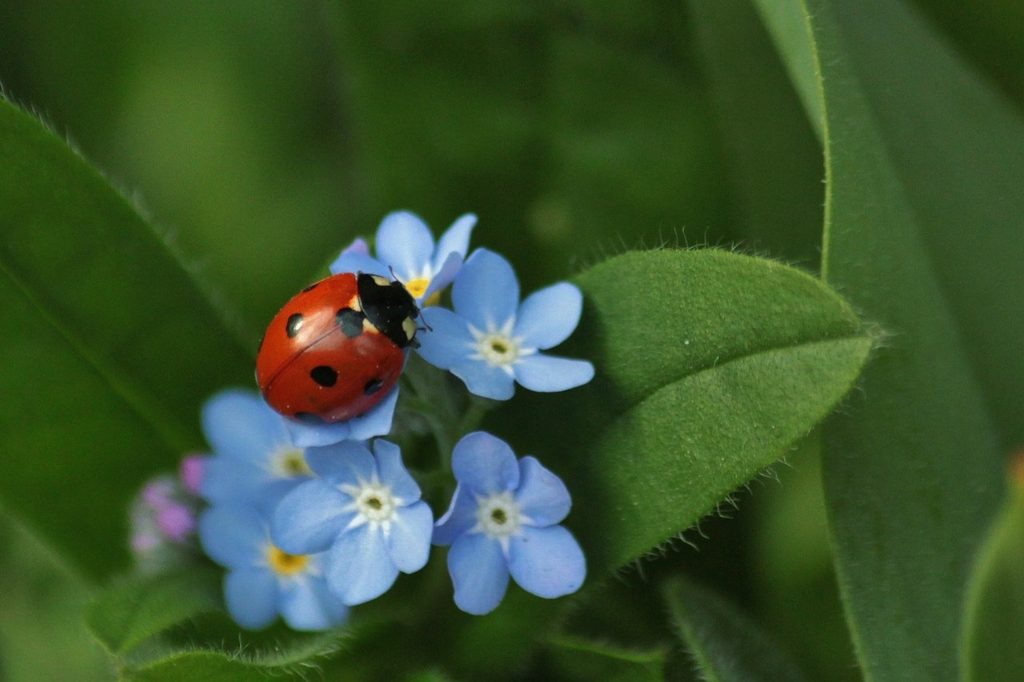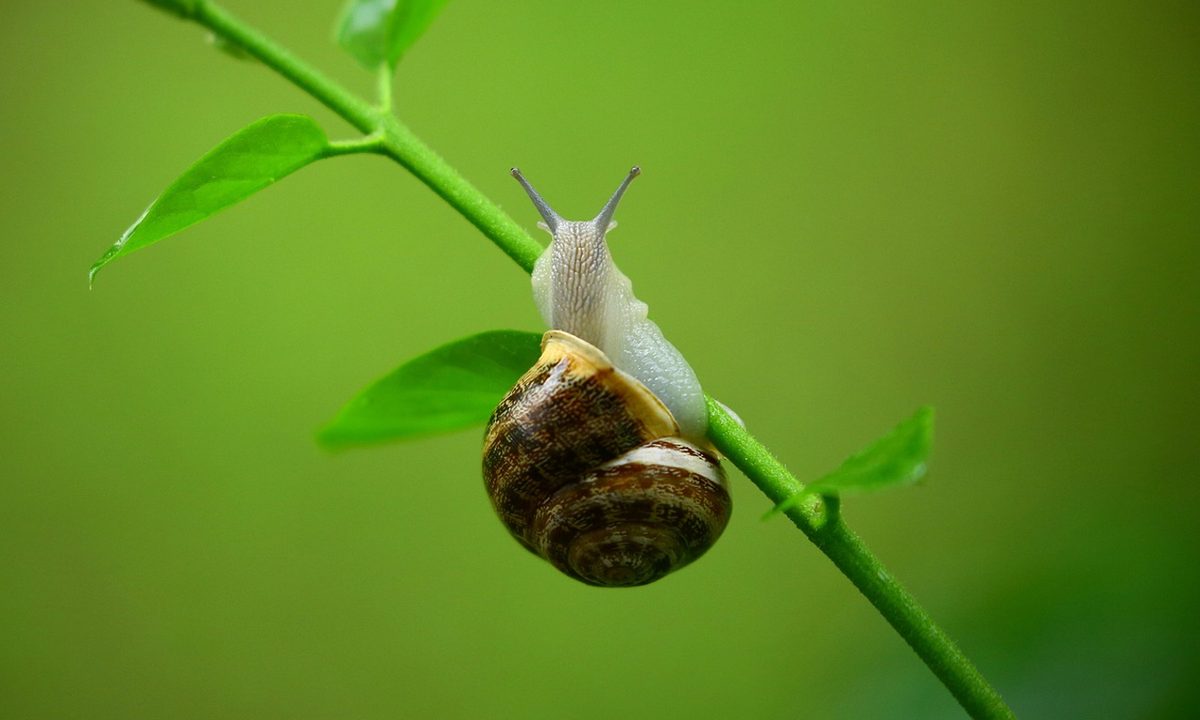Dealing with pests is a huge issue for many homeowners and gardeners. The go-to method for many is store-bought pesticides and other harsh chemicals, but it shouldn’t have to be that way. The toxic and dangerous chemicals that are used in many pest control products can be a hazard to you, your pets, and your family.
Organic pest control methods are a popular way to protect your garden from pests and keep your family safe from potentially dangerous chemicals. This guide to organic pest control products will help you get started.
How do you get rid of pests organically?

As organic pest control trends grow, so do the ideas and products that work. There are a variety of organic pest killers that are designed for different areas of the home and are used to deter or kill different types of pests. The most effective organic pest control methods that will keep pests at bay include:
- Spinosad. This pest control can be used on fruit and vegetable plants. It kills insects that ingest it like beetles, spider mites, caterpillars, and bagworms.
- Bacillus thuringiensis (or BT). BT is safe for use on all plants and is designed to kill caterpillars when the BT is ingested.
- Neem oil. It is a natural extract from an Asian tree. People use neem oil as a preventative pest control that will inhibit the growth of insects.
- Pyrethrin. This organic insecticide targets flying insects, causing them to drop out of the air when exposed to this plant extract.
- Rotenone. This extract is found in the seeds and stems of many plants. It can be used to kill caterpillars, aphids, beetles, and thrips.
- Decoy crops. This method is a great way to remove your pest problem without killing them. It consists of planting attractive crops away from or in front of your primary crops. This way, pests will enjoy the decoy crops and leave your favorite crops alone.
- Oil spray. To create this spray, you can mix vegetable oil with some soap in a spray bottle and spray it onto your plants. This type of spray can suffocate pests like aphids, mites, and thrips.
- Soap spray. This spray is created by mixing water with some liquid soap and spraying the mixture on your plants. It can be used to kill beetles, aphids, whiteflies, and mites.
- Garlic spray. This spray works as an insect repellent because of its strong aroma. To create this spray, mix pureed garlic with water, vegetable oil, and soap.
- Homemade insecticide. To create the ultimate insecticide that will repel and kill a variety of pests, you should mix together all of the key ingredients. These ingredients include cayenne pepper, onion, garlic, liquid soap, and water.
- Plant buddy system. Many pests love one plant type but despise another. This can work to your benefit. Plant attractive plants next to unattractive plants as a natural pest repellent.Some organic pest killers and deterrents can be homemade, while others can be store-bought. It is important to use ones that are targeted for your specific needs and pests.
Which plants deter bugs?

Certain bugs are deterred by certain plants, but there are some common types of plants that repel a variety of pesky pests. Some of these plants include:
- Marigolds: Deter mosquitoes, rabbits, plant lice, etc.
- Chrysanthemums: Deter ants, roaches, bed bugs, ticks, lice, silverfish, spider mites, etc.
- Basil: Deters mosquitoes
- Chives: deter Japanese beetles and flies
- Petunias: Deter aphids, tomato worms, leafhoppers, beetles, etc.
- Mint: Deters spiders, ants, and mosquitoes
- Bay leaves: Deter roaches and flies
- Lavender: Deters mosquitoes
- Rosemary: deters flies, mosquitoes, moths, etc.
Can you get rid of pests without killing them?

If you want to get rid of your pests but don’t have the heart to kill them, there are a lot of great natural insect repellents that you can use. Utilizing plants that naturally deter bugs allows you to add some fun plants to your garden while repelling pests. Many deterrent plants have very strong scents that keep the bugs away. This way, there is no killing involved, and your garden stays pest free.
You can also spray scented water onto your plants. Scents like garlic, cayenne pepper, chili powder, and onion can make bugs run for the hills. This method is not only organic, but it’s also easy to do because many people typically have these items on hand.
Attracting natural predators

Pests enjoy eating your fruits, vegetables, and flowers, but other creatures enjoy eating those same pests. While releasing these predators into your garden is a bad idea, there are ways you can attract them to your garden. Attracting your local population to your garden is safer and more effective, and it’s good for your overall garden health as well. These predators include ladybugs, spiders, wasps, birds, and frogs.
To make your garden more appealing to these helpful critters, you’ll need a food source, a water source, and some type of shelter. The pests themselves are a major food source, but providing additional food sources in the form of certain plants or bird feeders is a good idea. The water source should be proportional to the creatures you want to attract — frogs and birds will need a larger water source than ladybugs. It should also be easy to clean. Finally, shelter is best provided by shrubs, trees, rocks, and low-lying plants with large leaves. Pests can use these as shelter, so place them slightly away from your garden to avoid making the pest problem worse.
Pests will always be a factor when it comes to gardening. They love to eat your favorite plants because they are just too delicious. Luckily, there are so many incredible organic pest control methods available to you. Some simply repel insects, so you don’t have to worry about killing them. Others are great organic pest killers for getting the job done. Regardless of which methods you prefer, all of them are organic, healthy, and safe for your family, pets, and plants.



